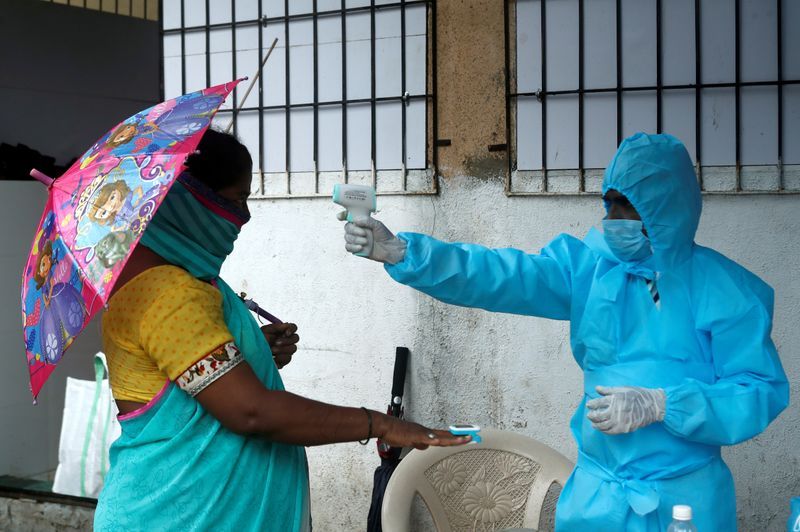Ethiopia’s PM vows ‘final and crucial’ offensive in Tigray
 Ethiopian military forces situated on a road in an area near the border of the Tigray and Amhara regions on 16 November. AFP
Ethiopian military forces situated on a road in an area near the border of the Tigray and Amhara regions on 16 November. AFPEthiopia’s prime minister on Tuesday declared “the final and crucial” military operation will launch in the coming days against the government of the country’s rebellious northern Tigray region.
Prime Minister Abiy Ahmed in a social media post said a three-day deadline given to the Tigray region’s leaders and special forces “has expired today.”
“We are marching to Mekele to capture those criminal elements,” Ethiopia’s minister in charge of democratization, Zadig Abraha, added in a phone interview with The Associated Press. “This will be a very brief operation.” Mekele, he said, will be the final stage.
Abiy, last year’s Nobel Peace Prize winner, continues to reject international pleas for dialogue and de-escalation in the two-week conflict in the Horn of Africa that has spilled into neighboring Eritrea and sent more than 27,000 frightened Ethiopian refugees pouring into Sudan.
Some 4,000 refugees keep arriving every day, a “very rapid” rate, U.N. refugee agency spokesman Babar Baloch told reporters in Geneva. “It’s a huge number in a matter of days … It overwhelms the whole system,” he said, adding that the remote part of Sudan hasn’t seen such an influx in two decades.
He warned of a “full-scale humanitarian crisis.”
Alarmed African neighbors including Uganda and Kenya are calling for a peaceful resolution, but Abiy’s government regards the Tigray regional government as illegal after it defiantly held a local election in September. The Tigray regional government objects to the postponement of national elections until next year because of the COVID-19 pandemic and considers Abiy’s federal government illegal, saying its mandate has expired.
Ethiopia’s federal government on Tuesday also confirmed carrying out new airstrikes outside Mekele, calling them “precision-led and surgical” and denying the Tigray government’s assertion that civilians had been killed.
Tigray TV showed what appeared to be a bombed-out residential area, with damaged roofs and craters in the ground.
“I heard a sound of some explosions. Boom, boom, boom, as I entered the house,” the station quoted a resident as saying. “When I got out later, I saw all this destruction. Two people have been injured. One of the injured is the landlord, and the other is a tenant just like us.”
Communications and transport links with the Tigray region remain almost completely cut off, making it difficult to verify either side’s claims.
When asked when communications might resume, the minister, Zadig, asserted, “It’s not up to us. The TPLF destroyed telecom infrastructure in Tigray. … By keeping people incommunicado, they’re trying to keep the Tigray people hostage with propaganda.”
He also denied the TPLF assertion that Eritrean forces had joined the conflict at the federal government’s request, saying that “there is no foreign government, no foreign army operating inside Ethiopia.” And no foreign government is giving military support from outside, either, he said.
Hungry, exhausted and scared, refugees from the Tigray region continued to flow into Sudan with terrifying accounts of war.
“These people are coming with knives and sticks, wanting to attack citizens. And behind them is the Ethiopian army with tanks. The knives and the sticks aren’t the problem, it’s the tanks,” said one refugee, Thimon Abrah. “They struck and burned the entire place.”
“When a man, or even a child is slaughtered, this is revenge,” said another, Tedey Benjamin. “This is a tribal war.”
Ethiopia’s prime minister on Monday night said his government is ready to “receive and reintegrate” the refugees and that federal forces would protect them.
But many refugees say those same forces sent them fleeing.
___
Associated Press










